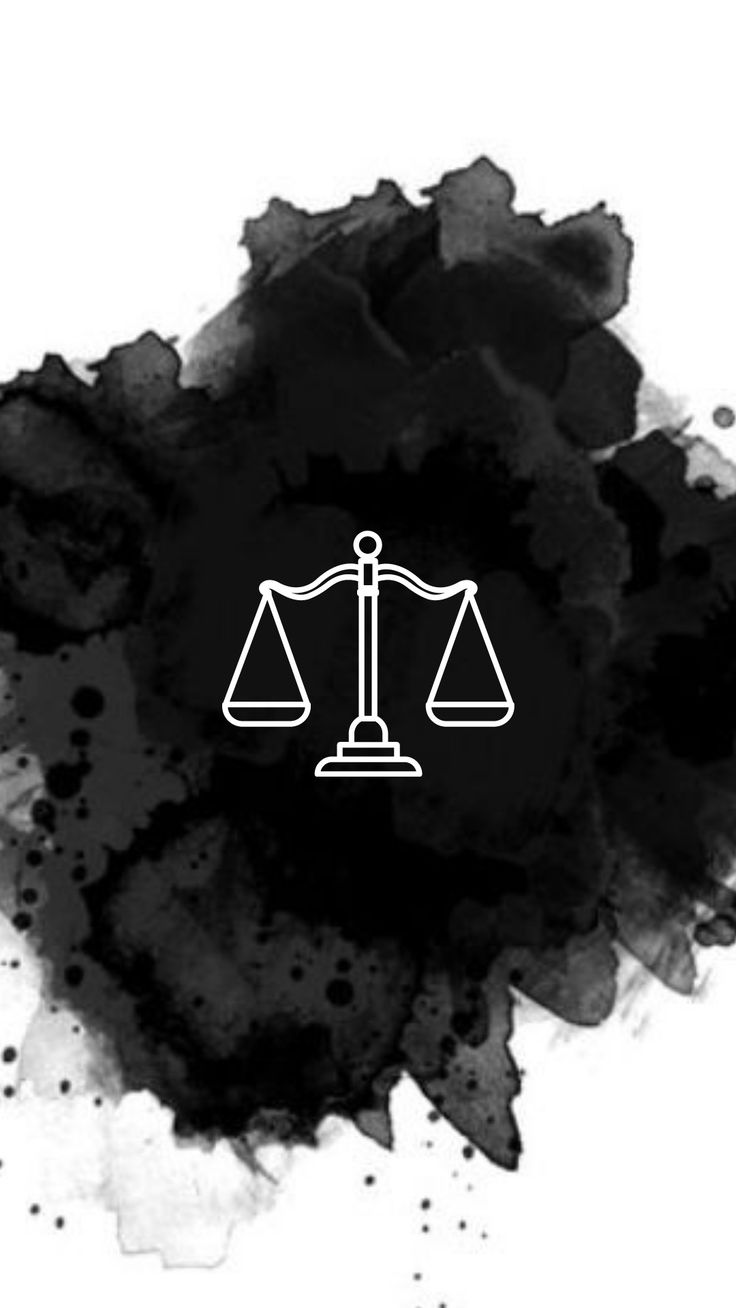International sanctions for war crimes
The international community takes various measures to hold individuals and states responsible for war crimes accountable. One of the key instruments used for this purpose is international sanctions. Sanctions can be economic, political, diplomatic or military, and are aimed at forcing violators of international law to cease their actions and be held accountable for their crimes. In this article, we will examine the legal aspects of international sanctions for war crimes, the main mechanisms of their implementation and the problems associated with their application.
War crimes: definition and examples
War crimes are serious violations of international humanitarian law. They include, but are not limited to, the following acts:
- The killingand torture of civilians: The intentional killing, torture or inhuman treatment of civilians during armed conflict.
- Destruction of civilian objects: The destruction of homes, schools, hospitals and other civilian objects that are not military targets.
- Use ofprohibited weapons: The use of chemical, biological or other prohibited weapons.
- Crimes against prisoners of war: Ill-treatment, torture or killing of prisoners of war.
Main mechanisms for imposing international sanctions
UN Security Council: Under the UN Charter, the Security Council has the power to impose sanctions on states or individuals responsible for war crimes. Sanctions may include arms embargoes, economic sanctions, asset freezes, travel bans and other restrictions.
European Union: The EU has its own sanctions mechanism that can be applied to states, organisations and individuals responsible for war crimes. EU sanctions may include economic restrictions, asset freezes, travel bans and other measures.
THE UNITEDSTATES: The United States uses its domestic laws to impose sanctions on individuals and states that violate international humanitarian law. In particular, the International Emergency Economic Powers Act (IEEPA) gives the US President the authority to impose sanctions in response to threats to national security.
Other countries: Many other countries have their own sanctions mechanisms that can be aligned with international efforts. This includes Canada, Australia, Japan and other countries.
Types of international sanctions
Economic sanctions: Include embargoes on goods, investment bans, asset freezes and other economic restrictions aimed at depriving violators of economic resources.
Diplomatic sanctions: May include downgrading diplomatic relations, expulsion of diplomatic representatives or recall of ambassadors.
Political sanctions: Include bans on participation in international organisations, exclusion from international meetings or voting in international organisations.
Military sanctions: May include an embargo on arms or military equipment, as well as bans on military cooperation.
Legal grounds for imposing sanctions
International sanctions for war crimes are based on international law, in particular
UN Charter: According to the UN Charter, the Security Council has the power to impose sanctions to maintain international peace and security. Article 41 of the Charter empowers the Security Council to impose sanctions without the use of armed force.
Geneva Conventions and Additional Protocols: These international treaties define war crimes and establish the obligation of states to prosecute those responsible for such crimes.
Rome Statute of the International Criminal Court: The Rome Statute establishes the jurisdiction of the International Criminal Court (ICC) over genocide, war crimes, crimes against humanity and the crime of aggression. Although the ICC does not have the power to impose sanctions, its decisions may serve as a basis for sanctions by other international bodies.
Problems and challenges in the application of international sanctions
Political obstacles: Sanctions often face political obstacles, including vetoes by permanent members of the UN Security Council or disagreements among member states.
Effectiveness of sanctions: In some cases, sanctions fail to achieve their objectives due to the possibility of circumvention or insufficient enforcement. Violators may find alternative sources of funding or supply.
Humanitarian consequences: Economic sanctions can have negative consequences for civilians in need of humanitarian assistance. It is important to ensure that sanctions do not worsen the humanitarian situation.
Legal challenges: The imposition of sanctions may face legal challenges, in particular with regard to human rights and fair trial for those subject to sanctions.
International experience
Learning from international experience in applying sanctions for war crimes can help improve the effectiveness of these measures. For example, the sanctions imposed on leaders and governments responsible for crimes in Syria, North Korea and other countries show that the international community can act in concert to hold perpetrators accountable.
Conclusion.
International sanctions for war crimes are an important tool for ensuring accountability and maintaining international peace and security. They are based on international law, including the UN Charter, the Geneva Conventions and the Rome Statute, and may include economic, political, diplomatic and military measures.
At the same time, the effective use of sanctions faces numerous challenges, including political obstacles, efficiency issues, humanitarian consequences and legal challenges. Overcoming these challenges requires enhanced international cooperation, respect for human rights, and decisive action by the international community.
Implementation of these measures will contribute to strengthening the international legal order, protecting human rights and ensuring justice even in the most difficult conditions of armed conflicts.
So, it doesn't matter whether you need a lawyer's advice or a lawyer's advice. Legal marketplace "CONSULTANT" will help you solve any problem! All the necessary services at any time: analysis of documents, legal analysis of the situation, legal analysis of the situation, written advice, verification of documents by a lawyer, legal analysis of documents, legal opinion of a lawyer, legal opinion of a lawyer, legal analysis. Are you looking for an online lawyer or a lawyer online? Choose CONSULTANT - a lawyer is always at your side!
Our legal opinion and legal opinion of a lawyer, legal analysis with a lawyer online and legal advice will help you at any time! Order a document review by a lawyer and general legal analysis right now! And with the services of a lawyer's consultation and document analysis with a written consultation - you will get the whole range of necessary services!

































